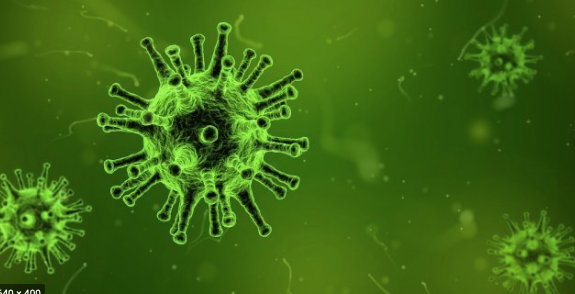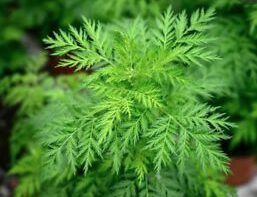Extracts from Artemisia annua active in vitro against SARS-CoV-2

Last Updated on July 24, 2021 by Joseph Gut – thasso
July 24, 2021 – In the very early days of the Corona pandemic, the plant Artemisia annua has gained some faim, doubtful at the time, as ingredient, in the form of extracts, in the product Covid Organics, produced and promoted in Madagascar, and apparently even exported into other African countries, as an protection/remedy for Covid-19 disease, all natural and based on traditional medicine. Even though the Institut Malgache de Recherches Appliquées (IMRA) had performed some clinical research with apparently positive results on Covid-19, authorities throughout the world remained very skeptical and warned even patients from taking this product, particularly the French ANSM (thasso had a report on this).

And there are now, a year and a half later, such research reports as to “extracts from artemisia annua plant found to be active against SARS-CoV-2 virus under laboratory conditions”. In fact, a team of researchers affiliated with institutions in Denmark, Germany and Hong Kong has found that several extracts from the artemisia annua plant are active against the SARS-CoV-2 virus under laboratory conditions. In their paper published in the journal Scientific Reports, the group describes three extracts of the artemisia annua plant they tested and how they fared in combating the SARS-CoV-2 virus in human lung tissue. While the main focus of the pandemic has in recent months become the vaccines that are effective for prevention of COVID-19, work continues on treatments for those unvaccinated people who become infected with the SARS-CoV-2 virus.
Artemisia annua is a wormwood and is found in parts of Asia and North America. It is known commonly by a variety of names, such as sweet wormwood or sweet Annie. Its extracts are used as malaria treatments, and the most common treatment types are artemisinin-based. Derivatives of artemisinin include artesunate and artemether, both of which are used to treat malaria patients and come with a proven safety record. In this new study, the researchers sought to determine whether artemisinin or its derivatives might be effective for treatment of COVID-19 patients. To find out, they infected human tissue with the SARS-CoV-2 virus in petri dishes and then added artemisinin or its derivatives.

More specifically, the researchers first tested the extract and its derivatives on African green monkey kidney cells and found it to be effective against a strain of the SARS-CoV-2 virus variant that emerged in Germany recently. They then tested the extract and its derivatives against a Danish variant, also using kidney cells from the same type of monkey. Once again finding success, they then tested the extract and its derivatives with the Danish variant in human lung cells and found all three of the test therapies to be active against SARS-CoV-2 inhibiting infection. More specifically, they found artesunate to be the most effective, followed by artemether and then artemisinin. The team plans to follow up their efforts by conducting clinical trials.
This research is in line with earlier, similar approaches testing Artemisia annua extracts in a variety of experimental settings. Thus, in one study, researchers showed that that the extracts of Artimisia annua did not block the virus from entering cells but interfered with the virus’ ability to replicate and by that killing it. In addition, the anti-replication activity did not appear linked to artemisinin or flavonoids, the major natural substances in the plants. In another study, aqueous and ethanolic extracts of Artimisi annua have been active against SARS-CoV-2 and will soon enter human clinical trials to test the efficacy of both teas and coffee containing these Artimias annua extracts well as the anti-malaria drug artesunate, which, interestingly, has been described in the above study as the most potent single ingredient of Artemisia annua in combating SARS-COV-2.

These data might actually lead to a consolidation of the often poorly understood effects attributed to traditional medicines with modern detailed knowledge about individual ingredients, and their efficacity in treatment of actual diseases like in the case here the Covid-19 disease. This would be very assuring, not only in this particular case.
Just greet Covid Organics here.

